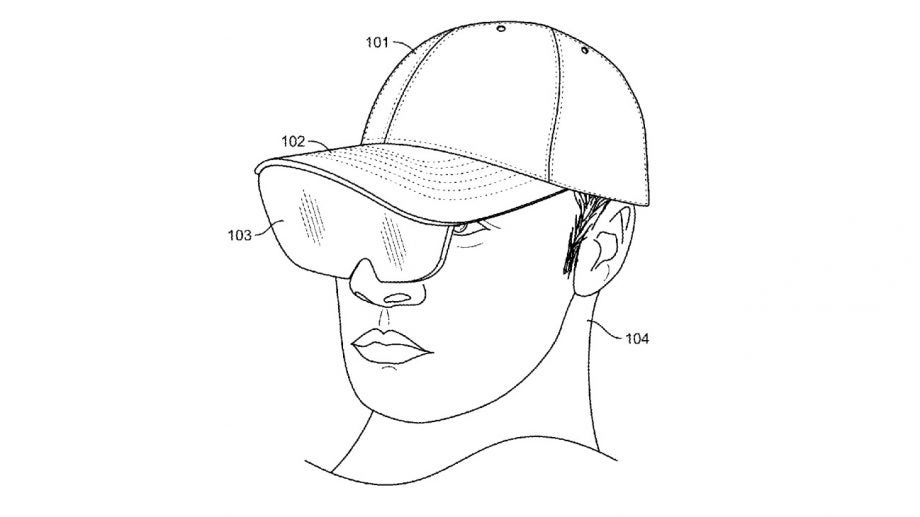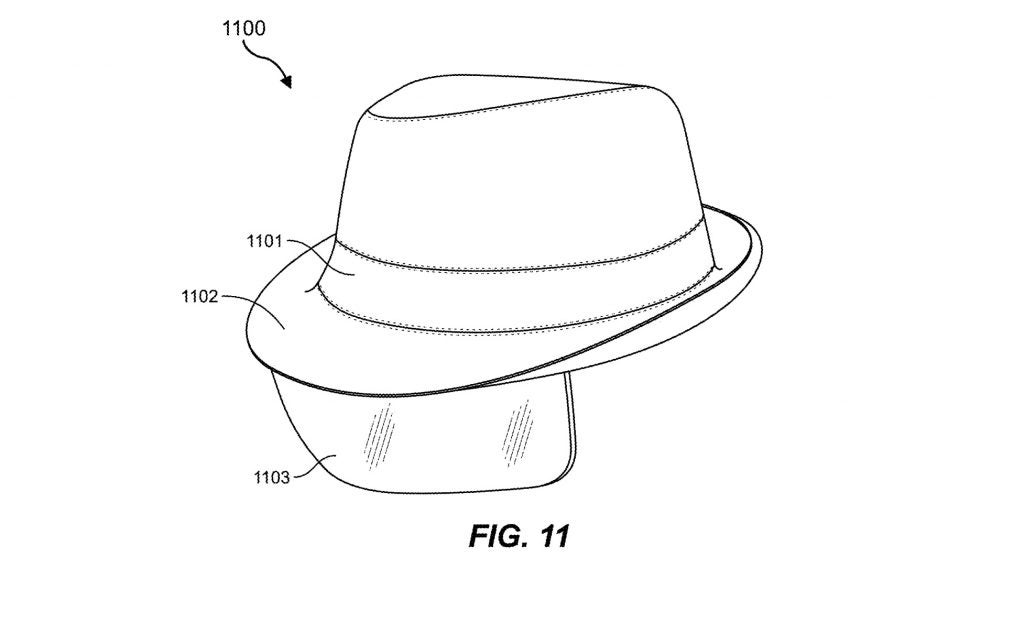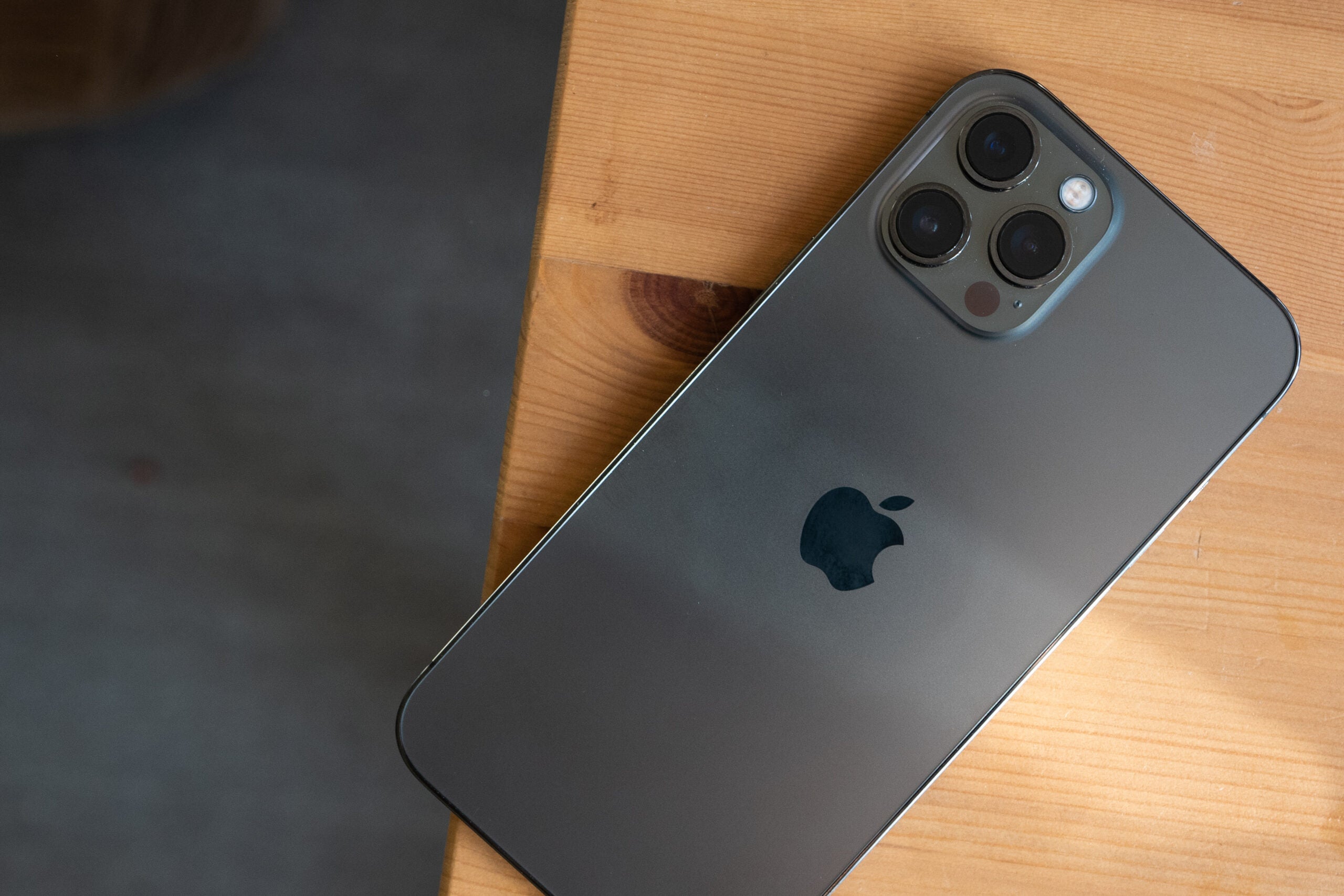Facebook’s new patent is a strange new look for AR

Given the huge success of the Oculus Quest 2, it would be foolish to dismiss Facebook’s hardware ambitions in the augmented reality (AR) space. All the same, a new patent showing a possible new implementation for AR is certainly unorthodox.
The patent, filed in 2019 but published this week, was uncovered by Founders Legal and shows a design which is radically different from something like Microsoft’s HoloLens.
Here, Facebook imagines a traditional hat where the display can be tucked up inside the brim when not in use. It’s pictured above as a baseball cap, but the screen could equally be concealed within a ten-gallon hat, or a fedora as pictured below.

As well as offering a discrete hiding place for the technology when not in use, the design has other advantages, according to Facebook. Traditional AR goggles, the company writes in the patent, are “sometimes thick, heavy, and unbalanced and/or may generate excessive heat that is uncomfortable against the user’s skin.”
A display that folds down could be kept a comfortable distance from the eyes, as well as giving extra space for a more complicated mechanism – there’s plenty of room for cameras to track eye and/or body movements, for example.
When we asked Facebook for comment, the company didn’t have much to say. “We don’t comment on patents, or our reasons for filing them,” a Facebook company spokesperson said. “An individual patent should never be taken as an indication of Facebook’s current or future plans.”
This radical AR design could work… if someone else did it
It’s easy to laugh at the idea of people willingly wearing hats packed with Borg-style screens just waiting to pop out, but to me it actually makes a great deal of sense. Google took a different approach with Google Glass, and the very obvious tech on the face was a huge turn off, so keeping it out of sight and out of mind is probably the right approach in my view.
The question, for me, is whether augmented reality is a desirable enough technology to make any kind of sartorial sacrifice worth it. Facebook clearly believes it has the potential to be, and Apple agrees, with CEO Tim Cook once calling AR “the next big thing” and something that will “pervade our entire lives.”
But while Apple is one of the few companies on the planet that can alter public perception of fashion by sheer force – compare the initial sceptical reaction to AirPods’ design to how every other company apes them now – Facebook, bluntly, isn’t. Add to that the ongoing fears about the company’s approach to privacy and data sharing, and you’ve probably got a product design here that may influence others, but is unlikely to succeed on its own.





